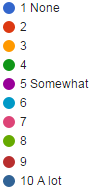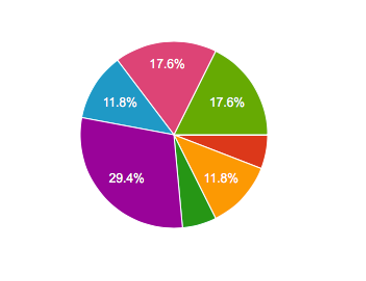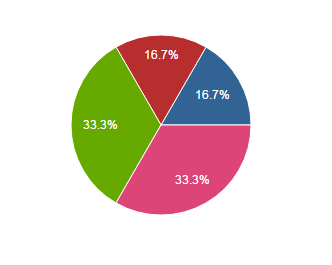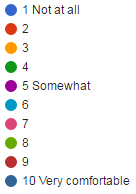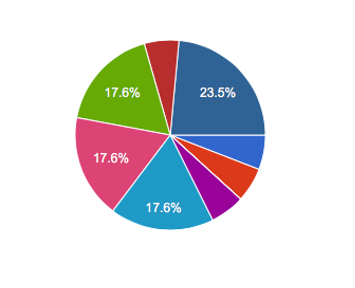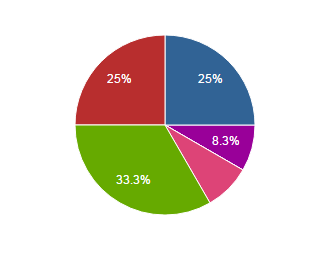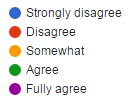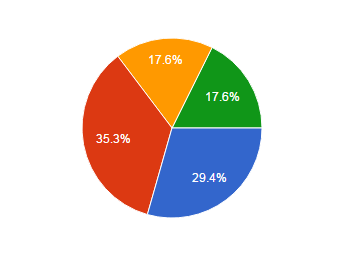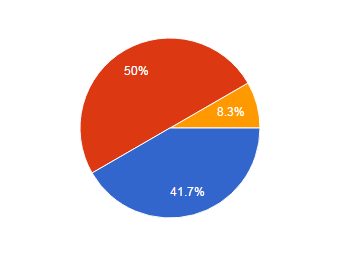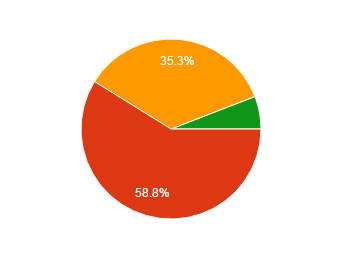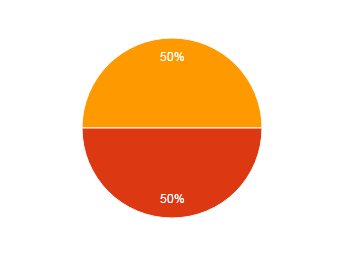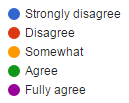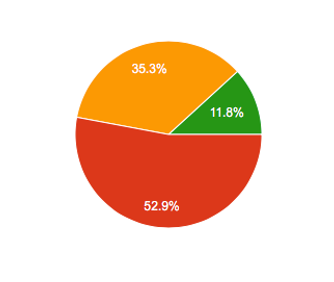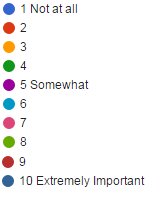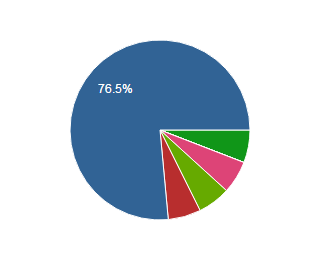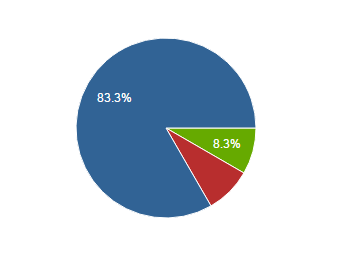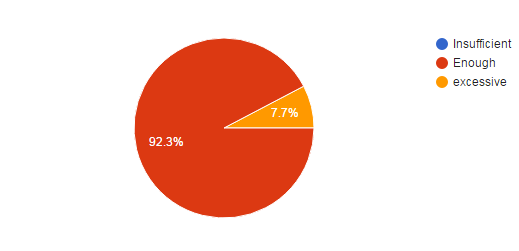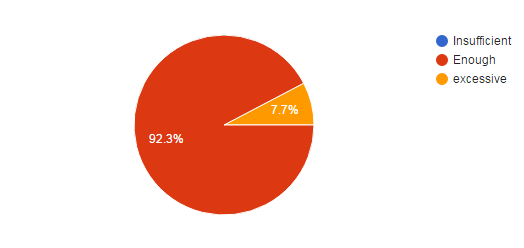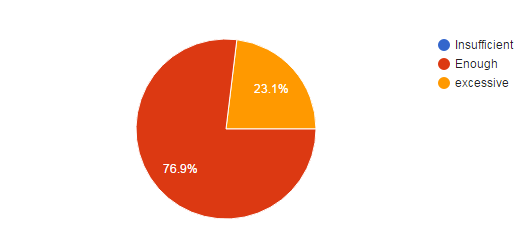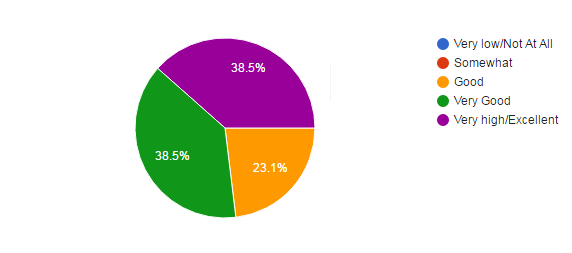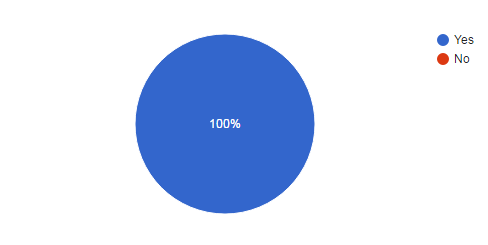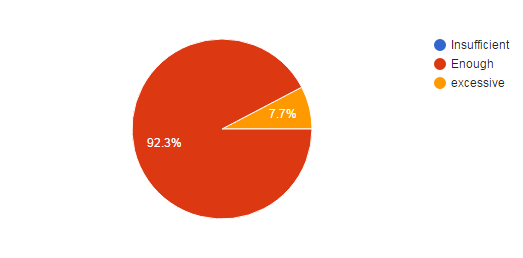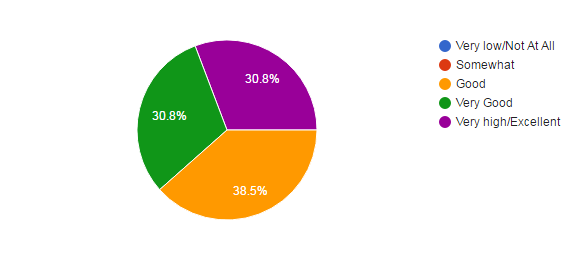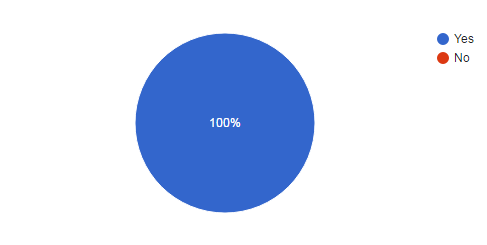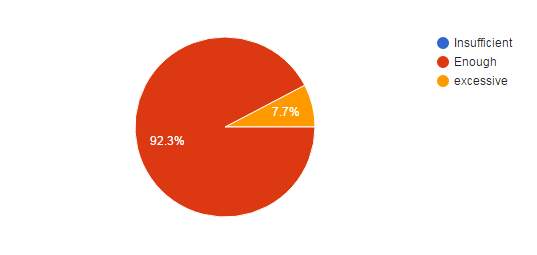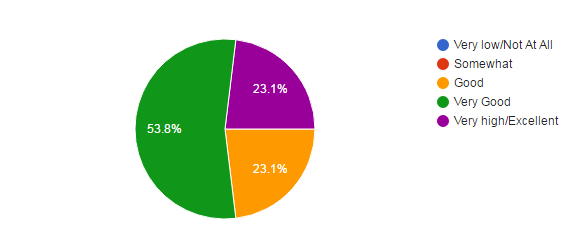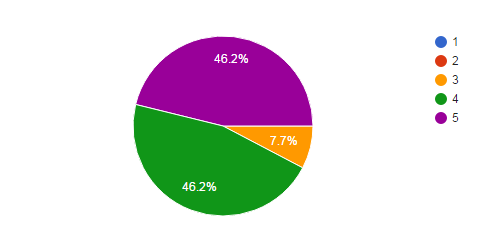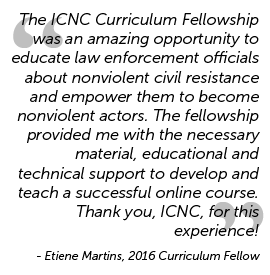 An online course on civil resistance created and moderated by Etiene Martins, developed with the support of the ICNC Curriculum Fellowship Program.
An online course on civil resistance created and moderated by Etiene Martins, developed with the support of the ICNC Curriculum Fellowship Program.
Learn more by clicking on the topic links:
Go back to the main ICNC Curriculum Fellowship page.
 Etiene Martins is a Brazilian Federal Judge and a former police officer. He was a police officer for 16 years at Rio de Janeiro State, Brazil, and served at its Legal Department. In 2014, he was appointed Federal Judge and, currently, serves at the 4th Federal Court of Guarulhos City, District of São Paulo. He holds a B.A and a M.A in Public Security. In 2008, he earned LLB from the Federal University of the State of Rio de Janeiro. Since November 2015, Etiene Martins has been Professor of Constitutional Law and International Law at Enfase Institute (Brazil). Etiene has additionally started teaching Criminal Law at the D. João VI Police Academy. Etiene is active in the field of civil resistance training. He is a Kingian Nonviolence Conflict Resolution Co-Trainer affiliated with the Center for Nonviolence & Peace Studies (University of Rhode Island) In 2011, he attended the Kingian Nonviolence Training – Level I (University of Rhode Island) and, in 2015, the Fletcher Summer Institute on the Advanced Study of Nonviolent Conflict. In June this year, he will embark on the “Kingian Nonviolence Training – Level II – ADVANCED TRAINING in Leadership, Organization, Mobilization” at the University of Rhode Island. He is the author of the chapter “Law, Violence, and Public Security: Martin Luther King Jr.’s Philosophy Applied” published in the book Kingian Nonviolence: Applications for International & Institutional Change, 2015.
Etiene Martins is a Brazilian Federal Judge and a former police officer. He was a police officer for 16 years at Rio de Janeiro State, Brazil, and served at its Legal Department. In 2014, he was appointed Federal Judge and, currently, serves at the 4th Federal Court of Guarulhos City, District of São Paulo. He holds a B.A and a M.A in Public Security. In 2008, he earned LLB from the Federal University of the State of Rio de Janeiro. Since November 2015, Etiene Martins has been Professor of Constitutional Law and International Law at Enfase Institute (Brazil). Etiene has additionally started teaching Criminal Law at the D. João VI Police Academy. Etiene is active in the field of civil resistance training. He is a Kingian Nonviolence Conflict Resolution Co-Trainer affiliated with the Center for Nonviolence & Peace Studies (University of Rhode Island) In 2011, he attended the Kingian Nonviolence Training – Level I (University of Rhode Island) and, in 2015, the Fletcher Summer Institute on the Advanced Study of Nonviolent Conflict. In June this year, he will embark on the “Kingian Nonviolence Training – Level II – ADVANCED TRAINING in Leadership, Organization, Mobilization” at the University of Rhode Island. He is the author of the chapter “Law, Violence, and Public Security: Martin Luther King Jr.’s Philosophy Applied” published in the book Kingian Nonviolence: Applications for International & Institutional Change, 2015.
Course Abstract: This is an online seminar that aims to introduce police officers to ideas and concepts of civil resistance scholarship and practice, and to show how important social and political changes can be brought about by nonviolent actions. The course also intends to make participants aware of how civil resistance campaigns can help to reduce violence and enforce the rule of law. Since civil resistance campaigns can play such an important role in fighting corrupt practices, state abuses and strengthening rule of law, police would benefit from understanding and gaining greater insight from the field of civil resistance studies. The course aims to teach its participants how to identify civil resistance campaigns, deconstruct misconceptions about civil resistance actions and nonviolent movements, and how to constructively work with activists and civil resistance campaigns. The course consists of five components: 1) an introduction to civil resistance through a historical and practical perspective; 2) an examination of nonviolent action in history, focusing on the Martin Luther King campaign; 3) a look into the strategies and skills that create successful civil resistance movements; 4) applying nonviolent action to policing; and 5) an exploration of the future of civil resistance. Collectively, these components examine the proponents, philosophies and techniques of nonviolent action in transforming violent conflicts into more constructive nonviolent contentions that will benefit resolution of personal interpersonal, societal, and international conflicts.
Selected Learning Gains Survey and Final Evaluation Results
Learning Gains Survey Results:
Etiene distributed pre-seminar and post-seminar surveys to measure gains in learning progress among course participants. Included below are the graphed responses to selected questions from the surveys. In general, they illustrate a positive trend in learning gains achieved by the participants as a result of the course.
1. On the scale below, circle the choice that best represents your current knowledge of civil resistance and nonviolent movements. (Left: Pre-Seminar Results, Right: Post-Seminar Results)
Explanation: In the Pre-Seminar LGS, only 17.6% students felt that they had a very strong knowledge base (8-10) of civil resistance and nonviolent movements. In the Post-Seminar LGS, 66.7% of participants reported having a strong knowledge base on the subject.
2. On the scale below, identify your comfort level in speaking about Community Policing. (Left: Pre-Seminar Results, Right: Post-Seminar Results)
Explanation: In the Pre-Seminar LGS, 11.8% of participants reported having a very low comfort level in speaking about community policing (1-2). In the Post-Seminar LGS, 0% of participants reported having a very low comfort level and 83.3% reported having a very high comfort level (8-10).
3. On the scale below, which choice best represents your view that revolutions against brutal regimes (dictatorships, for instance) can succeed only if revolutionaries retain the option to use violent means? (Left: Pre-Seminar Results, Right: Post-Seminar Results)
Explanation: In the Pre-Seminar LGS, 17.6% of participants held the view that revolutions against brutal regimes can succeed only if revolutionaries retain the option to use violent means. In the Post-Seminar LGS, 0% of participants maintained that view and 91.7% disagreed or strongly disagreed with that view.
4. On the scale below, which choice best represents your view that protests, marches, and demonstrations in Brazil are violent (consider the last 10 years)? (Left: Pre-Seminar Results, Right: Post-Seminar Results)
Explanation: In the Pre-Seminar LGS, 5.9% of participants believed that protests, marches, and demonstrations in Brazil are always violent. However, in the Post-Seminar LGS, no participants reported maintaining that view.
5. On the scale below, circle the number that best represents your view that movements/campaigns that face repression must fail. (Left: Pre-Seminar Results, Right: Post-Seminar Results)
Explanation: In the Pre-Seminar LGS, no participants strongly disagreed that movements/campaigns that face repression must fail. In the Post-Seminar LGS, 16.7% of participants strongly disagreed that such movements must fail.
6. On the scale below, circle the number that best represents your view about how important you think strategic planning and leadership are in policing. (Left: Pre-Seminar Results, Right: Post-Seminar Results)
Explanation: In the Post-Seminar LGS, 83.3% of the participants thought that strategic planning and leadership in (nonviolent) policing are important, which was an increase by almost 7% in comparison with the result (76.5%) for the same question in the Post-Seminar LGS.
Final Course Evaluation Results:
Included below are graphed responses to selected questions from the Final Course Evaluation.
Module 1: Introduction to Nonviolence
This module introduces the main concepts and ideas of civil resistance. It reflects on its effectiveness and its power to overcome adversarial conditions.
The amount of study material provided in this module was:
Relevance to your interests or work:
Would you recommend this session be included in a similar program in the future?
Module 2: Civil Resistance in History: Martin Luther King
This module introduces Kingian Nonviolence and discusses the Kingian framework for conflict reconciliation, management, mediation, and arbitration. It includes analysis of the different types and levels of conflict, and how they escalate and deescalate.
The amount of study material provided in this module was:
Relevance to your interests or work:
Would you recommend this session be included in a similar program in the future?
Module 3: Leadership, Negotiation and Strategy
This module aims to empower participants with knowledge to become better leaders. It discusses BATNA (Best Alternative to a Negotiated Agreement) and the importance of unity, planning and nonviolent discipline in developing and leading a movement.
The amount of study material provided in this module was:
Relevance to your interests or work:
Would you recommend this session be included in a similar program in the future?
Module 4: Nonviolence Applied to Policing
This module analyzes why people are violent. It discusses negotiation, mediation and conflict resolution. It covers community policing and its definition, challenges and application.
The amount of study material provided in this module was:
Relevance to your interests or work:
Would you recommend this session be included in a similar program in the future?
Module 5: The Future of Civil Resistance
This module discusses ways that external non-state actors can support campaigns and civil resistance, the police as a nonviolent actor, the importance of communication and media strategies for successful nonviolent resistance movements, and different roles of technologies in civil resistance struggles.
The amount of study material provided in this module was:
Relevance to your interests or work:
Would you recommend this session be included in a similar program in the future?
General Questions about Educational Content:
Which Module was the most important for you?
Overall so far, the quality of the content has been: (Scale: 1 = very low; 5 = very high)
Go back to the main ICNC Curriculum Fellowship page.
